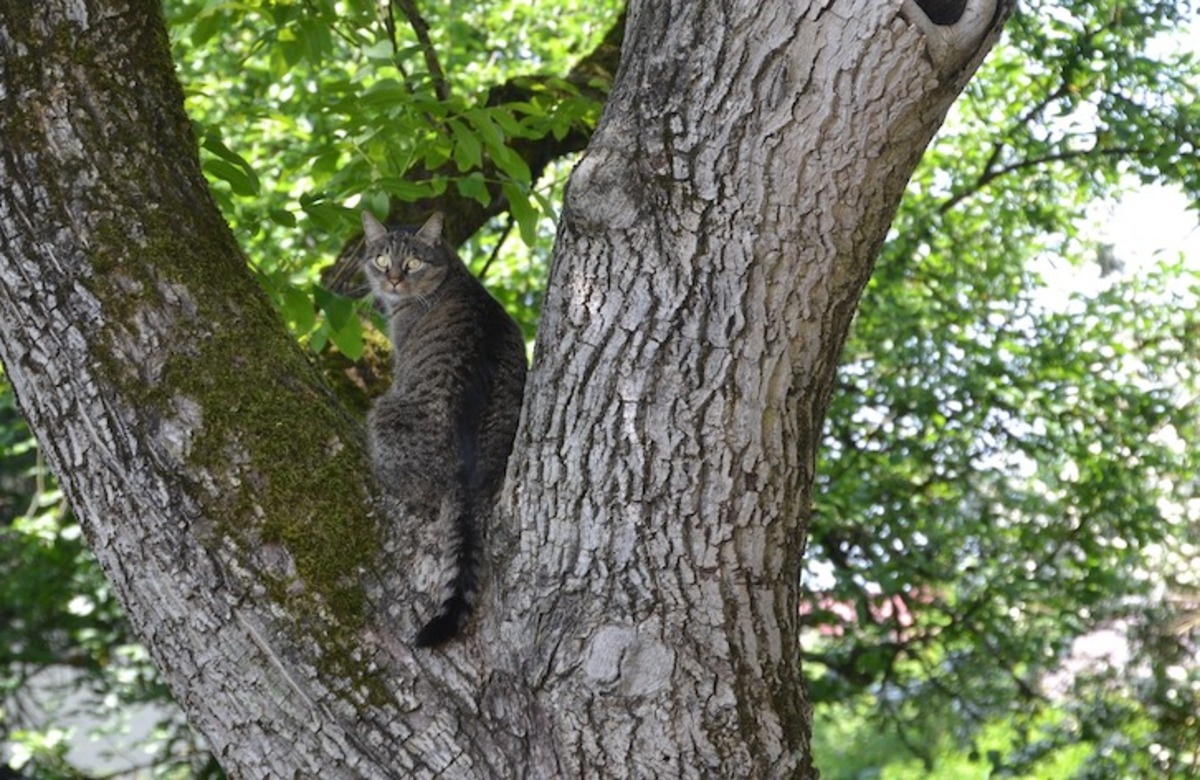Discounted cat desexing on offer
Staff Reporters
25 August 2022, 8:19 PM

In an effort to reduce feral cat numbers in the district, Yankalilla Council is offering a subsidised desexing program to residents in need.
The program to help prevent unwanted cats is run in conjunction with the National Desexing Network (NDN) and a participating vet clinic and is supported by a co-funding grant from the Dog and Cat Management Board.
Residents on pensions or low income with too many cats or adopting a stray who they can’t afford to desex will pay just $50 to desex their cat.
They can contact the National Desexing Network on 1300 368 992 to find out if eligible.
If eligible, they will be issued a desexing voucher and can then contact the vet to make an appointment.
Yankalilla Mayor Simon Rothwell encourages residents in need to take advantage of this proactive program.
“This initiative helps the whole community as it reduces Council costs to collect, hold and rehome unwanted litters and helps reduce cat nuisance issues and predation on native wildlife,” he says.
“Desexing not only helps to ensure fewer unwanted animals, but research shows that desexed animals can live longer and healthier lives.”
Dr Joy Verrinder, Strategic Director of AWLQ’s National Desexing Network, urges residents to get their male and female cats desexed between 2 and 4 months of age.
She says male cats are less likely to fight, roam and spray, and female cats can become pregnant from just 4 months old and can breed continuously after that.
“Yankalilla Veterinary Clinic is this participating vet in this program for District Council of Yankalilla residents and we thank the local veterinary clinic for helping with this community service,” Dr Verrinder says.
More information is available online.
